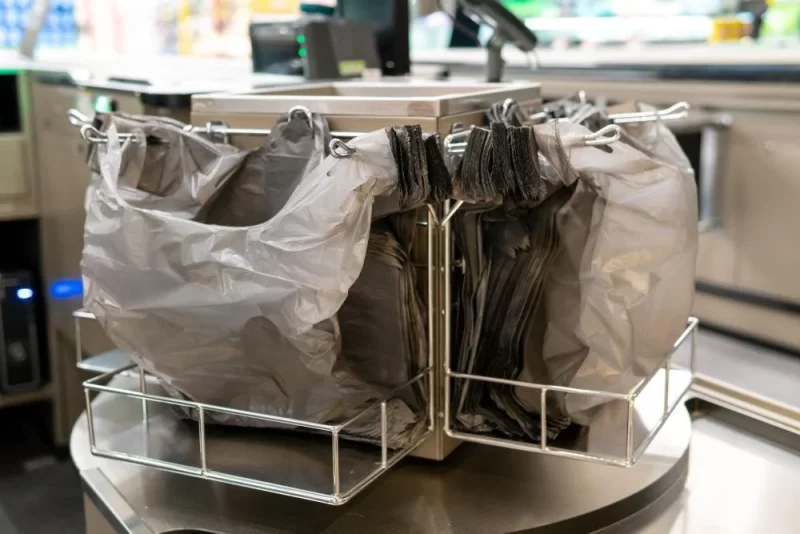By Anthony Hennen | The Center Square
(The Center Square) – The two largest cities in Pennsylvania have prohibited single-use plastics at businesses after Pittsburgh City Council passed legislation on Tuesday, joining Philadelphia’s ban approved last year.
“This landmark piece of legislation will sharply curtail litter, mitigate stormwater risk, reduce the amount of microplastics in our soil and water, improve the city’s recycling efficacy, and begin to break our dependence on fossil fuel-based products,” Councilwoman Erika Strassburger said in a press release.
A grace period will follow, and businesses won’t be penalized for plastic bag use for a year. A report will also follow to determine the effect on the “quantities and frequency of the provision by retail establishments to customers” of plastic and nonrecyclable paper bags after one year and 18 months, and to quantify the administrative and enforcement costs of the ban.
In recent years, Pennsylvania had a statewide law prohibiting municipal bag bans, but the preemption on such laws expired in 2021. West Chester, Narbeth, and Lower Merion Township (all in the Philadelphia area) also have bag bans.
Some business owners in Pittsburgh have questioned the timing of the ban, pointing to high supply chain costs and inflation cutting into profit margins after struggling to stay afloat during the pandemic. The effect of Pittsburgh and Philadelphia prohibiting the bags could force small towns outside their boundaries to switch, as well.
“For example, if a store chain has locations in Pittsburgh and other areas like Tarentum, New Kensington, Murrysville or Greensburg, would it make sense for them to make policy changes to half of its outposts, or would a new overall game plan be easier to put in place?” an editorial in the Pittsburgh Tribune-Review asked.
Acceptable bags for restaurant takeout and delivery orders have also been a sticking point; the increased cost is notable, as is a relative shortage of suppliers mass-producing approved bags. Some companies are investing in using recycled paper products to replace plastic, but the effects may not be widely felt for years.
Nationally, eight states have banned single-use plastic bags and another five added plastic bag fees, according to the National Conference of State Legislatures. Another 18 states have preemption laws prohibiting cities from regulating or banning the bags.
